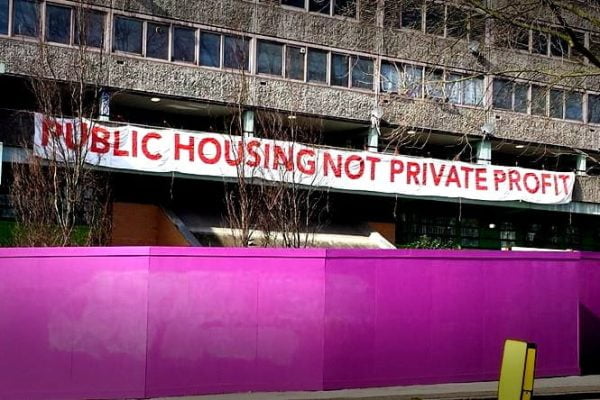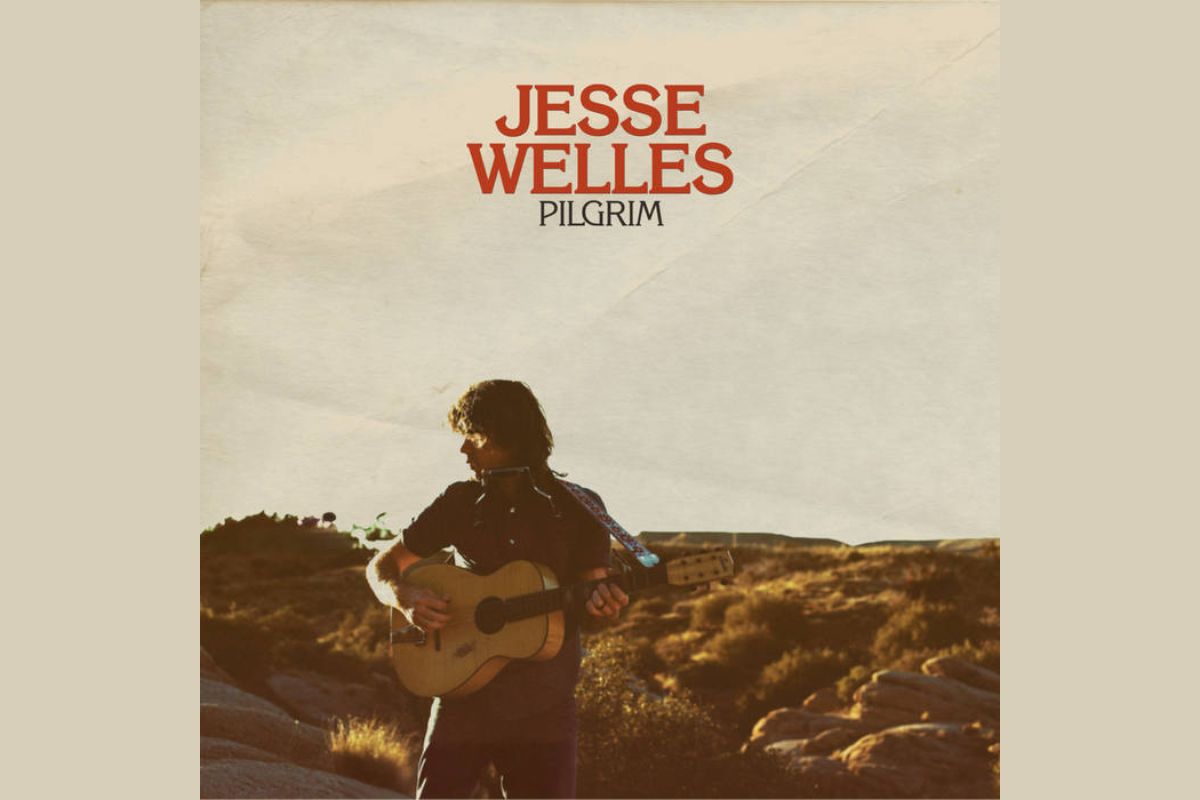In recent years, an important cultural tradition has developed in Brockwell Park in South London from May through June: a packed schedule of day festivals.
Spanning multiple different genres, festivals such as Wide Awake, Mighty Hoopla, and Cross The Tracks feature impressive line-ups each year, with well-established and emerging talent from across the alternative music scene.
Importantly, these events are curated by a collective of independent promoters such as Bad Vibrations and Shacklewell Arms, who have a solid record when it comes to finding and platforming emerging talent.
NIMBYs and gentrification
In recent months however, these events have been subject to a campaign by a residents’ group known as ‘Protect Brockwell Park’ (PBP).
Their leader, Rebekah Shaman recently won a legal challenge against Lambeth Council over the so-called “years of abuse” that the park has been subjected to by festival organisers. This means that the number of festivals may be cut down.
Voir cette publication sur Instagram
With music venues under attack, and live music becoming increasingly hard to afford, this decision has sparked intense debate, both locally and online, over questions like access to culture, the ‘gentrification’ of working-class areas, and who gets to control local spaces.
A teacher of “modern shamanic wisdom”, Shaman’s experience includes a fourteen year apprenticeship under a “traditional plant medicine shaman” in the Amazon.
Her website offers 12 day retreats to the Amazon, “shamanic soul readings”, and courses in “shamanic mentoring”.
Having made a career out of mysticism on a different continent, it is hard to see Shaman beating the ‘NIMBY-gentrifier’ accusations. And indeed, this is exactly the line taken by SayYesLambeth, a local group set up in opposition to PBP.
Claiming to represent “the young people, the renters, the workers, the small business owners”, SayYesLambeth have rallied against what they claim is a small group of older, well-off gentrifiers.
Voir cette publication sur Instagram
The billionaires’ press has taken up the story with the narrative of a clash between generations, as an old-vs-young debate that has existed for as long as festivals themselves.
The whole divide is being used to whip up a mini-culture war. On the ground, residents feel forced to take a side, sowing further division, and masking the real issues facing working-class Londoners.
Communities under attack
The so-called ‘Battle of Brockwell Park’ epitomises a much broader fight over the future of London’s working-class communities and cultural centres, against the expanding reach of capital.

In Brixton, working-class communities have been under attack for decades. So-called ‘regeneration’ projects have brought significant investment in real estate and business to the area.
Often referred to as the ‘Shoreditch effect’, soaring rents and house prices in central London have forced developers to look elsewhere, driving investment in previously ‘undesirable’ boroughs.
This squeeze is evident in Brixton, which has become a ‘trendy’ place for better-off professionals.
On top of this, many workers who are forced to move to London in search of jobs often end up in poorer neighborhoods because that’s simply the only place they can afford.
As a result of all of this, property values and rents have skyrocketed. This is pricing-out working-class and poor communities from places they’ve called home for generations, and is even forcing the new residents to move around the city every few years in search of affordable rent.
With a lack of social housing, working people – both native Londoners and newer residents – are left at the mercy of the private rental sector. Inevitably, working-class residents face displacement, eviction, and even homelessness.
In this context, the irony is that you will find well-paid professionals and soul-searching mystics like Shaman as well as working-class and poor people who care for their community and culture on both sides of the ‘Brockwell Park’ divide.
Who is to blame?
The controversy over Brockwell Park is a symptom of a much larger disease.
Indeed, both sides of the debate raise valid concerns, but fail to notice the elephant in the room: their demands – for cultural events on one hand, and well-maintained public spaces on the other – are only antagonistic because the landowners, bankers, and their corrupt politicians control the city’s space.
Lambeth Council is in a financial crisis. Faced with soaring demand for public services, and a ballooning debt of over £1 billion. They are therefore forced to rent out public spaces to commercial ventures.

PBP claim they are not ‘anti-festival’, but simply want them to be less frequent, better managed, and smaller.
However, so long as councils are squeezed, and find the solution to that squeeze in chasing private investment, profits will always come first. This means making the festival season as ‘efficient’ as possible.
And what about culture? Brockwell Park recently hosted Belfast rap trio Kneecap, who performed in front of the words ‘Israel is committing genocide in Gaza’ to crowds of cheering fans (read our review of the gig here).
Mighty Hoopla is one of the largest LGBT events in Europe, and Cross The Tracks is a celebration of hip-hop, reggae, funk, and soul, music deeply enmeshed within counter-culture.
Not to mention the vital role festivals play as a reliable source of income for small and independent bands, when tours are no longer economically viable.
But so long as capitalism persists, big monopolies such as Festival Republic and Livenation will continue to push independent festivals into bankruptcy.
Divorced from the communities they hold events in, these corporations have no concern about the residents.
Class programme
So long as councils are bankrupt, ‘public’ spaces are privately run, and housing is dominated by a few monopolies, then communities will be left divided over how their neighborhoods should be run.
It is possible, however, to have good, affordable housing, and spaces for festivals, and quiet, well-maintained open spaces. But this requires a major overhaul of the city and our entire economic system.
Workers are being made to compete for supposedly ‘limited’ space; but the potential to utilise that space is really limitless.
Transforming London for the benefit of all workers and residents can only be achieved by seizing the superprofits made by the country’s billionaires, nationalising the banks, landlords, and developers, and planning our neighborhoods in a genuinely democratic way.
We say: Against the war on culture and the culture war! Workers and residents unite to expropriate the billionaire parasites! For music, housing, nature, and freedom!






